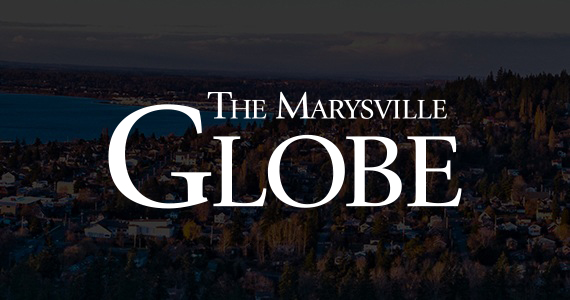When lawmakers convene Jan. 14 in Olympia for a scheduled 105-day legislative session, the eyes of the state Supreme Court will be focused on how the Legislature will respond to its mandate to fully fund a 21st-century public education system. On Jan. 5, 2012, the court ruled in McCleary v. State of Washington that lawmakers have failed to meet the state’s constitutional and paramount duty to “amply provide for the education of all Washington children as the state’s first and highest priority before any other state programs or operations.”
In the summer of 1889, 75 delegates assembled at the Territorial Capitol Building in Olympia to draft the state’s constitution. Their first words demonstrated what they valued most. Article 1, Section 1 proclaims: “All political power is inherent in the people.” This concept originated with the birth of our nation that sovereignty — ultimate power — lay neither in a king nor in a legislature, but resided in the people. And the people, being sovereign, could allocate that power however they chose. The founders of Washington believed in this principle so strongly that it became the foundation for the remainder of the state’s constitution.
It was Sept. 11, 2007, when Gov. Chris Gregoire came to Snohomish County to see firsthand the problems on U.S. Highway 2 that contributed to more than 45 deaths within seven years between Snohomish and Stevens Pass. That day, the governor toured the highway from Everett to Sultan. Then she declared it “a significant safety issue” that needed major improvements.
When lawmakers arrived Nov. 28 at the state Capitol for a special session, many of my fellow legislators and I were hopeful we could vote within the first couple days on a solution that would close a $2 billion state operating budget gap without raising taxes — and then go home, thus saving taxpayers the expense of an extended session.
In recent weeks, I have heard from administrators and health care workers who operate small hospitals in rural areas across the state, and from those within the 39th District, which includes United General Hospital in Sedro-Woolley, Valley General in Monroe, and Cascade Valley in Arlington. They are concerned with proposed cuts in the governor’s supplemental budget plan for reimbursement of care for Medicaid and Medicare patients.
All eyes of state government will be fixated on the state’s economic and revenue forecast when it is released Thursday, Sept. 15. This forecast not only predicts the direction of Washington’s economy by using complicated formulas and indicators, but it also projects incoming revenue to the state based upon the economy and consumer spending. The state budget is built using those revenue projections.
As a member of the House Transportation Committee, I am often asked how the Legislature can spend millions of dollars on highway projects when it cannot afford to pay teachers. The answer is simple. Money spent for state and local highways, ferries, motor vehicle registration and enforcement comes from the state transportation budget. Its primary sources of funding are the state gas tax and license fees.
One of the greatest barriers to private-sector job growth in Washington has been the high cost of workers’ compensation. In January, the Department of Labor and Industries increased workers’ compensation premiums by more than 12 percent. This was after a 7.6 percent rate increase the previous year. In fact, since 2001, workers’ compensation rates have increased for employers nine times.
Back in 2005, forecasted revenue was projected to be $1.7 billion higher than the previous biennium. Gov. Chris Gregoire signed a budget that spent nearly a billion dollars more than the state was taking in — despite an increase of incoming revenue. She did that knowing full well that the Legislature was overspending. “I don’t like it. It’s not sustainable. It’s what’s wrong with the budget in the state of Washington,” said Gregoire.
Several people have asked me why I and my fellow House Republicans recently swam against the tide and voted against a $360 million budget reduction bill. The answer is “education.”
With four months remaining in the state’s 2009-2011 fiscal cycle, House Bill 1086 was put forward to help close a $600 million shortfall in the current budget which runs through June 30.
Ronald Reagan once said, “The nine most terrifying words in the English language are, “I’m from the government and I’m here to help.”
I was reminded of this statement after reading what a Department of Ecology spokeswoman recently said about how the state offers businesses ideas for “best management practices” so they can become compliant: “We don’t tell them how to do it. We tell them what they need to do, and as long as they do it we’re not going to handcuff them,” she said.
Several days ago, financial guru Jim Cramer’s Web site, The Street, listed its pick of the best and worst states for small business. Surprisingly, the New York-based Web site listed Washington the fifth best in the nation for small business.
Just days before the Legislature’s scheduled March 11 adjournment, lawmakers are finalizing the state’s operating, capital and transport- ation budgets,…

